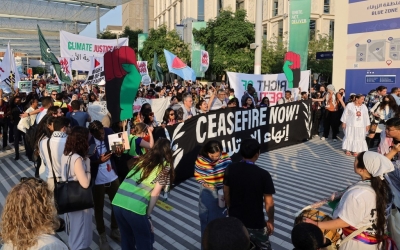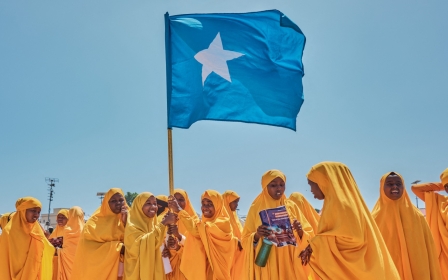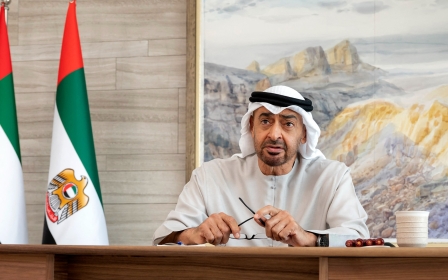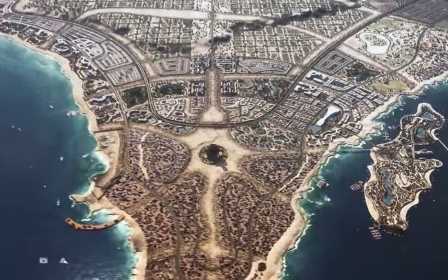UN expert calls on UAE to drop charges in mass terrorism trial
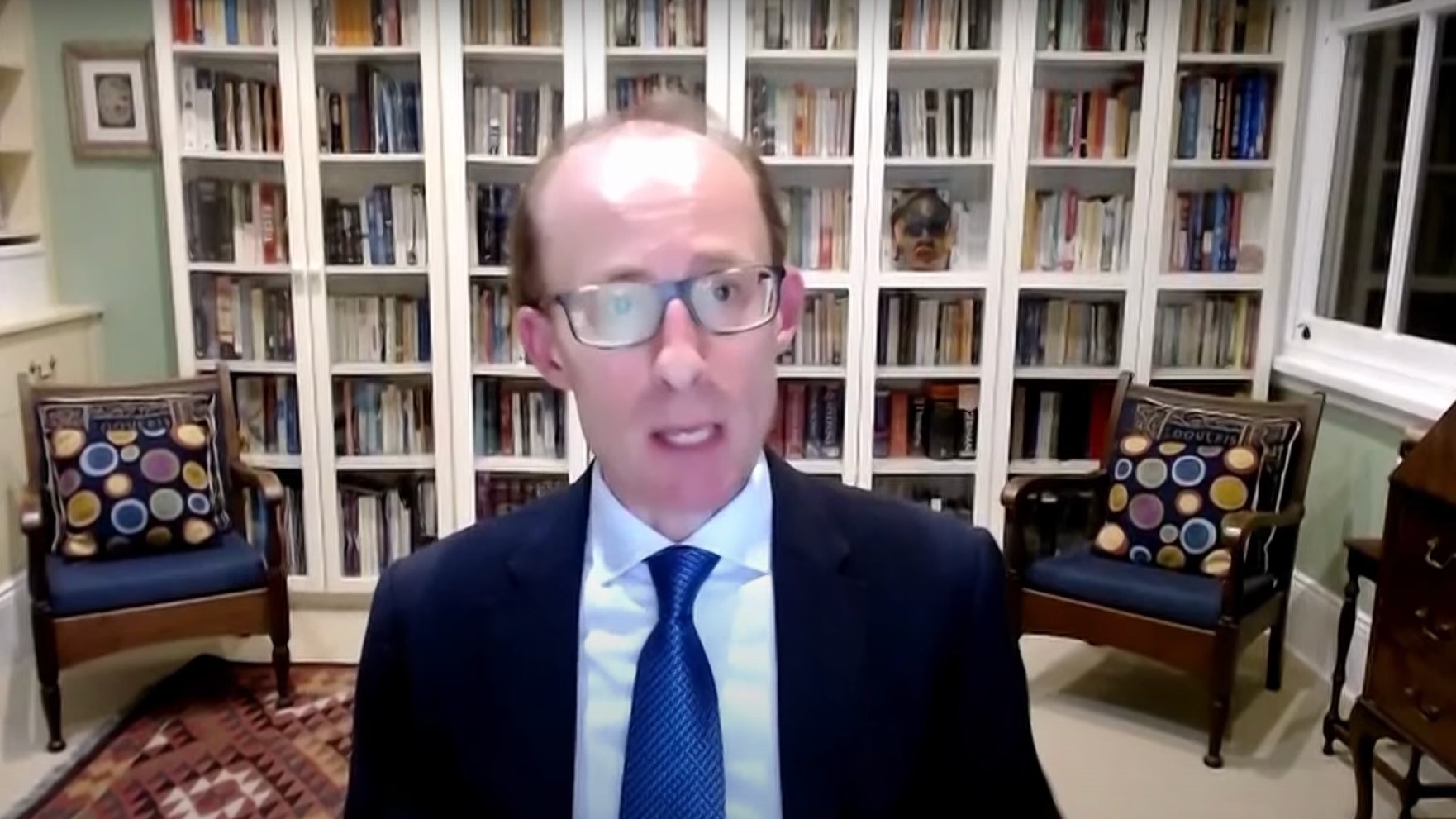
Terrorism charges brought against at least 84 men on trial in the United Arab Emirates should be dropped and the country should reform its counter-terrorism laws, the UN’s special rapporteur on human rights and counter-terrorism said on Monday.
Ben Saul, an Australian law professor appointed to his UN mandate in November, also said the mass trial was “deeply regressive” given the UAE’s position as a member of the UN Security Council’s counter-terrorism committee.
“It is a terrible example really of the misuse of counter-terrorism measures against civil society and to crackdown on civic space,” Saul said during a press conference held in Geneva.
The trial began last December as the UAE was hosting the Cop28 climate talks.
Most of the defendants were convicted in the largest mass trial in the UAE’s history over a decade ago, dubbed the UAE94, which rights groups have said was politically motivated and grossly unfair.
New MEE newsletter: Jerusalem Dispatch
Sign up to get the latest insights and analysis on Israel-Palestine, alongside Turkey Unpacked and other MEE newsletters
Many had completed their jail sentences but were still being held in controversial rehabilitation centres when they were given the new charges.
Human rights advocates monitoring the case say it is a retrial with one important difference: The charges they face under the UAE’s 2014 counterterrorism law, which was established while they were imprisoned, carry potential life sentences or even the death penalty.
Saul said the UAE’s 2014 law needs to be “reformed so that the definition of terrorism is not so broad”, and suggested it was part of a wider global pattern.
'These very vague and overbroad definitions allow authorities to conflate any act with terrorism'
- Falah Sayed, MENA Rights Group
“The UN Security Council is pushing all countries, including in the [Middle East and North Africa] region, to implement supposedly universal terrorism obligations, but to do that in states which lack a rule of law culture, lack adequate due process protections, lack an independent judiciary,” he said.
“[It's] no surprise the result of that is that these counter-terrorism measures pushed down from New York wind up being used in a thoroughly abusive way.”
Falah Sayed, human rights officer with the Geneva-based MENA Rights Group which hosted the press conference, said the UAE’s 2014 law defines a terrorist act as “any act that is committed with a terrorist purpose or result”.
“We don’t know what is a terrorist purpose or result. Anything can be construed as such, any act of public criticism,” Sayed said. “These very vague and overbroad definitions allow authorities to conflate any act with terrorism.”
Held incommunicado
The new trial has been underway for over four months. Relatives of some of the defendants have told Middle East Eye that lawyers representing the men have refused to share any details about the trial, saying they signed agreements with authorities not to disclose information.
During some of the proceedings, they say family members have not been allowed to sit in the room where the trial is being held at the Abu Dhabi Federal Appeal Court, but have instead been put in a separate room with a screen which has been purposefully muted.
Even before the trial began, many of the families had lost all contact with their relatives for months, including Ahmed al-Nuaimi, whose family didn’t hear from his brother, Khaled, for nine months.
“My brother has been disappeared for a long time. Since the pandemic started, [my family] couldn’t visit him and they don’t know anything about him, except some calls,” Ahmed al-Nuaimi said during the event on Monday.
“But for more than nine months now, they haven’t heard anything from him except before the trial, he called them telling them, ‘Please hire a solicitor for me. I don’t know anything about the trial’. That’s what he said.”
Ahmed al-Nuaimi was charged in the earlier UAE94 trial while he was on a trip in the UK and has been unable to return to his home out of fear of arrest.
In 2021, his son, Muhammad, who had quadriplegia and cerebral palsy, was banned from travelling and died in a hospital in Sharjah without his parents and five siblings.
Ahmed al-Nuami said his family’s experience was not unusual with many of the relatives of the UAE94 defendants banned from travelling, working and studying.
“How long will this government feel safe and feel no problem in the eyes of the world?” Nuaimi said.
In January, Saul was one of over a dozen UN experts who sent a letter to the UAE expressing deep concerns over the new trial, particularly that the new charges violated "international prohibition on double jeopardy and retroactive criminal law".
'How long will this government feel safe and feel no problem in the eyes of the world?'
- Ahmed al-Nuami, Emirati accused in UAE trial
“These individuals should never have been detained in the first place for legitimately exercising their fundamental rights and freedoms,” they said in a statement about the letter.
The UAE is understood to have requested an extension to answer the letter, which will end in a few weeks.
Saul said on Monday that he had asked Emirati authorities to meet with him.
"I'm hopeful the UAE will continue to consider that request and will agree to meet with me so we can discuss in more depth," he said.
MEE has asked the UAE embassy in the UK for comment.
Middle East Eye delivers independent and unrivalled coverage and analysis of the Middle East, North Africa and beyond. To learn more about republishing this content and the associated fees, please fill out this form. More about MEE can be found here.


